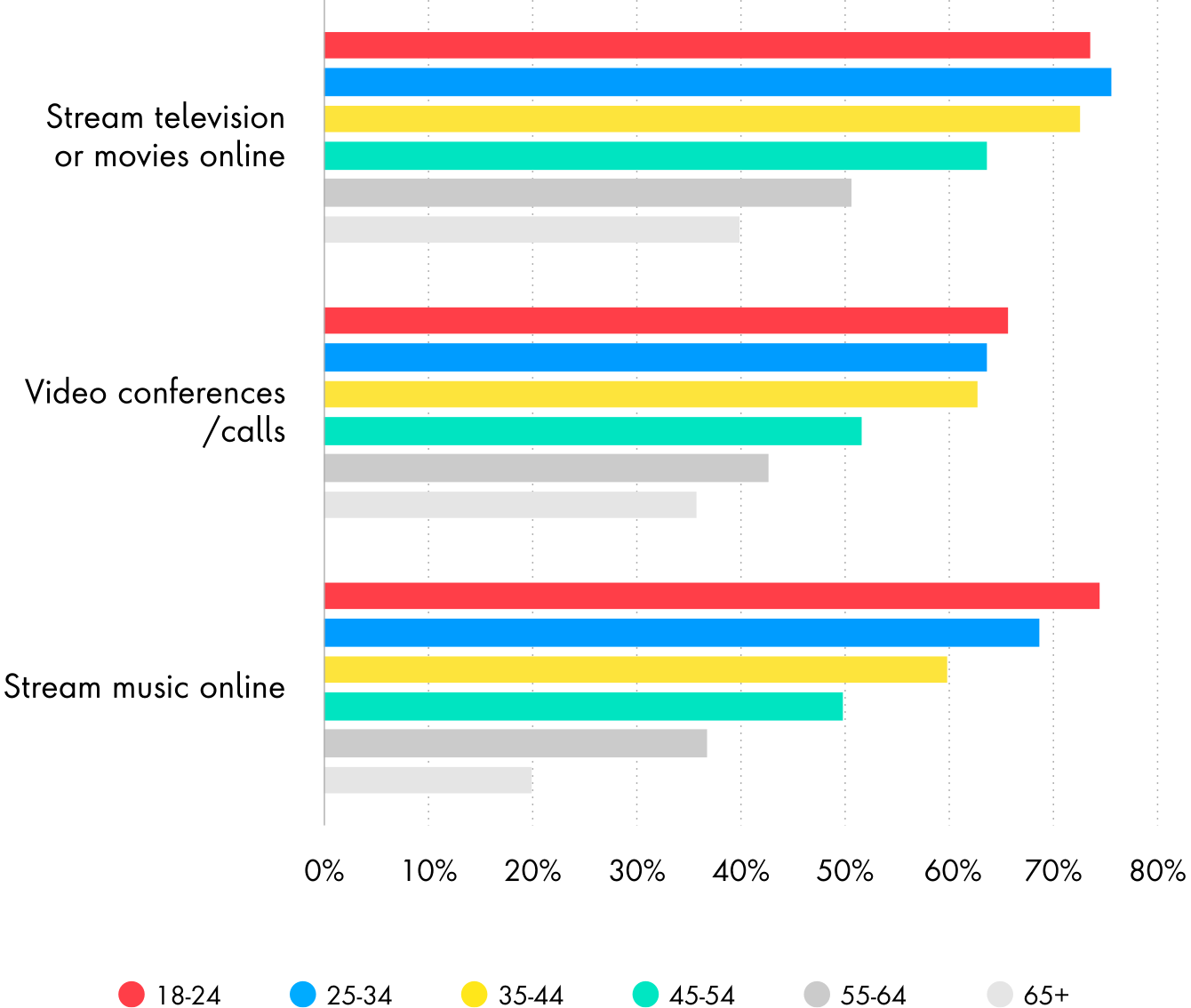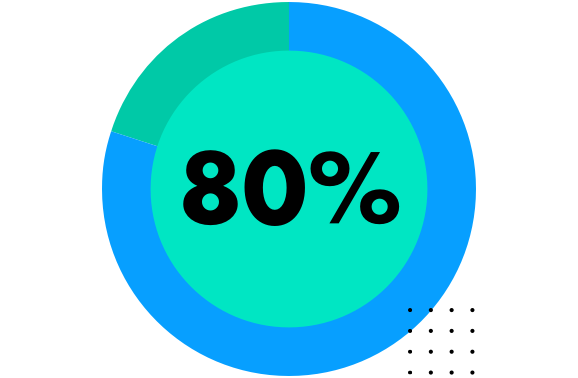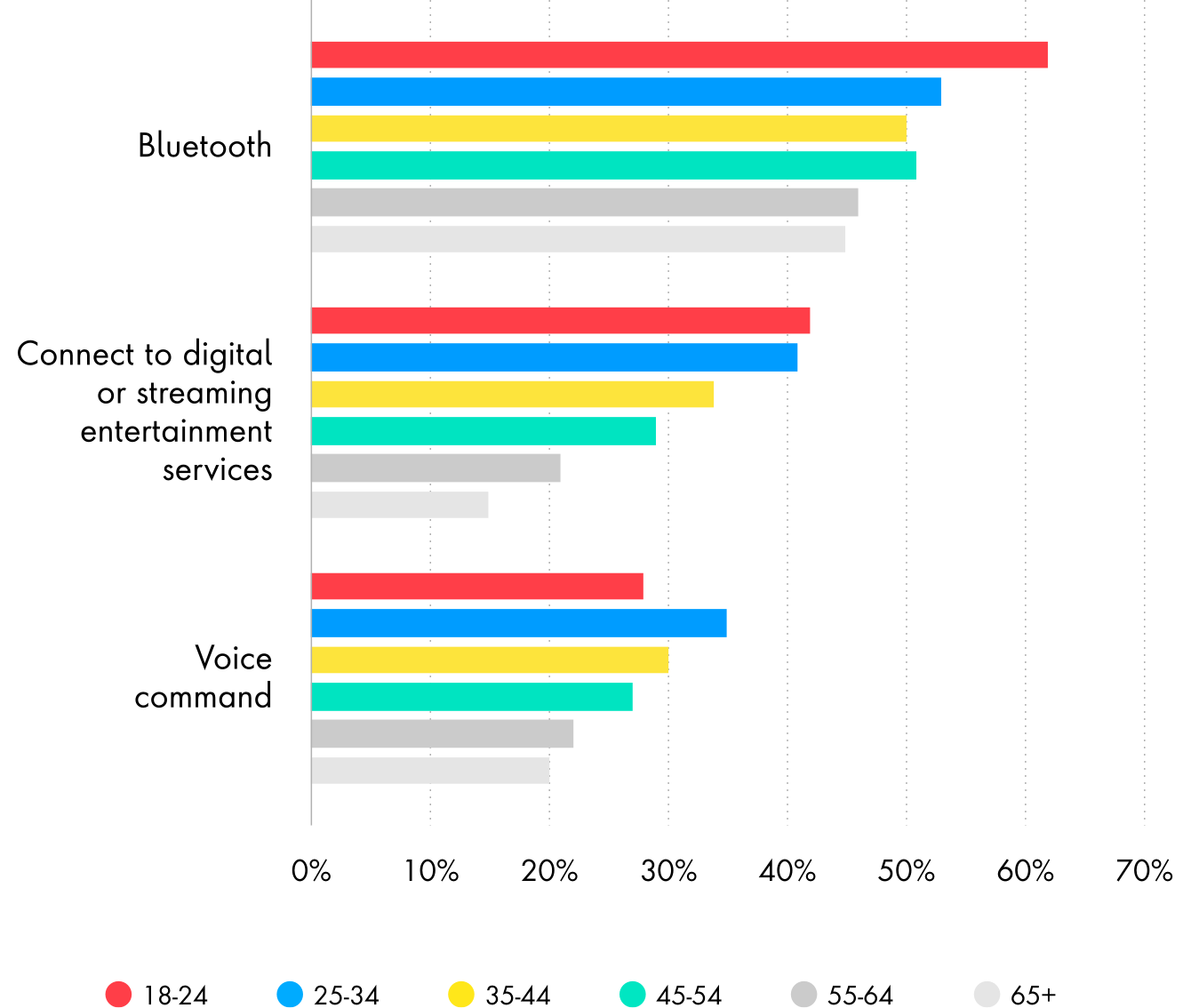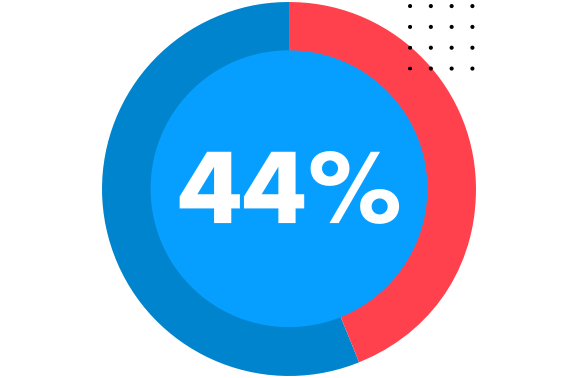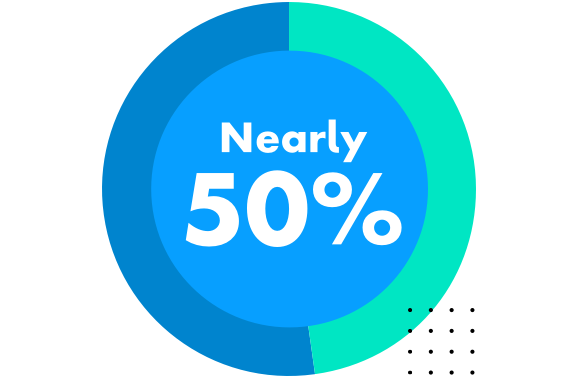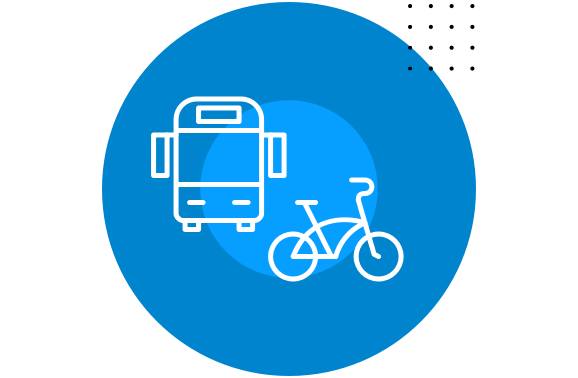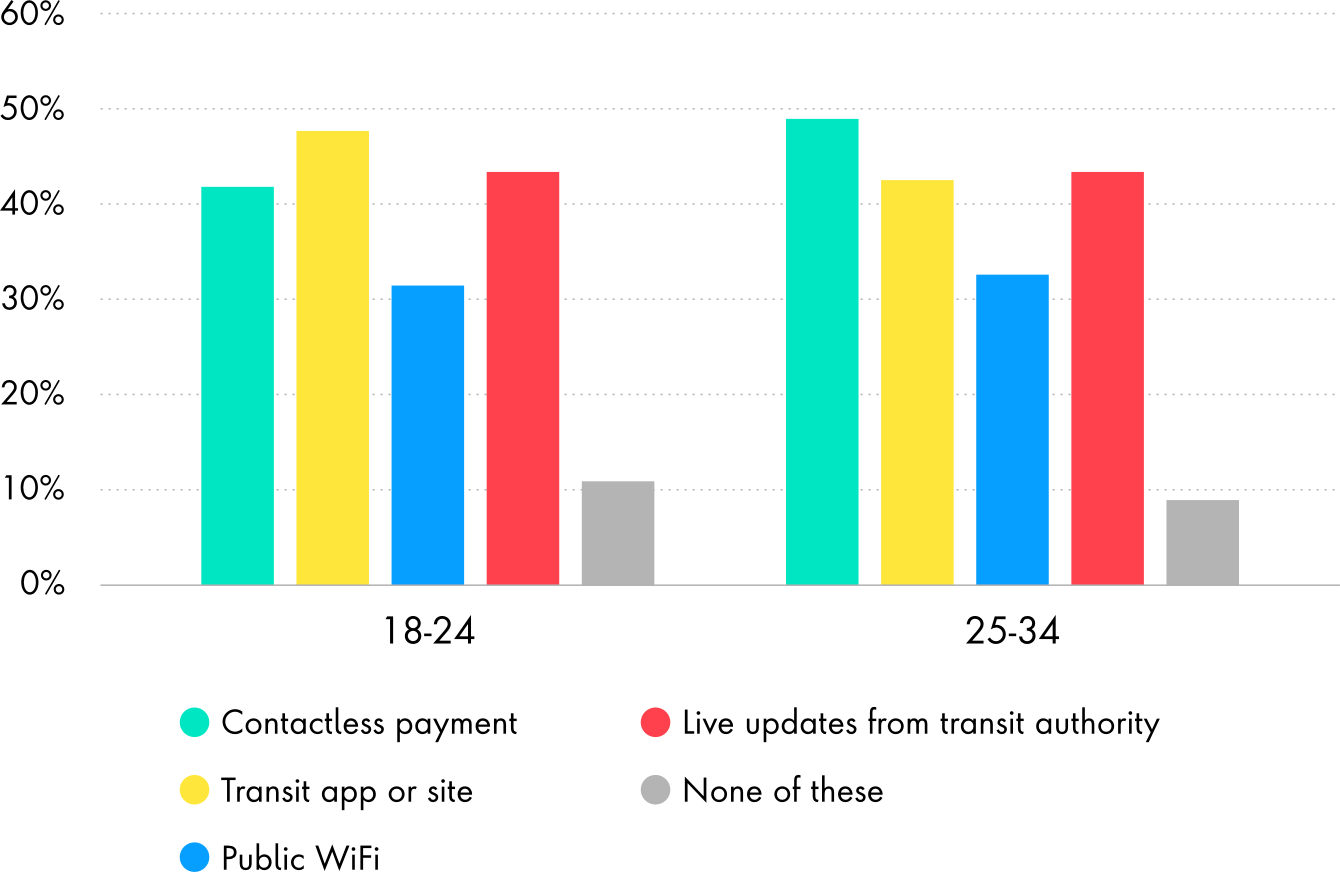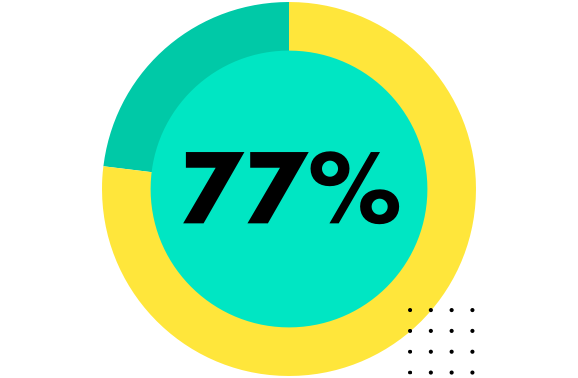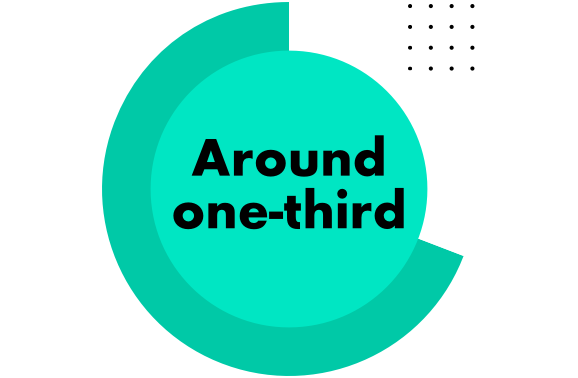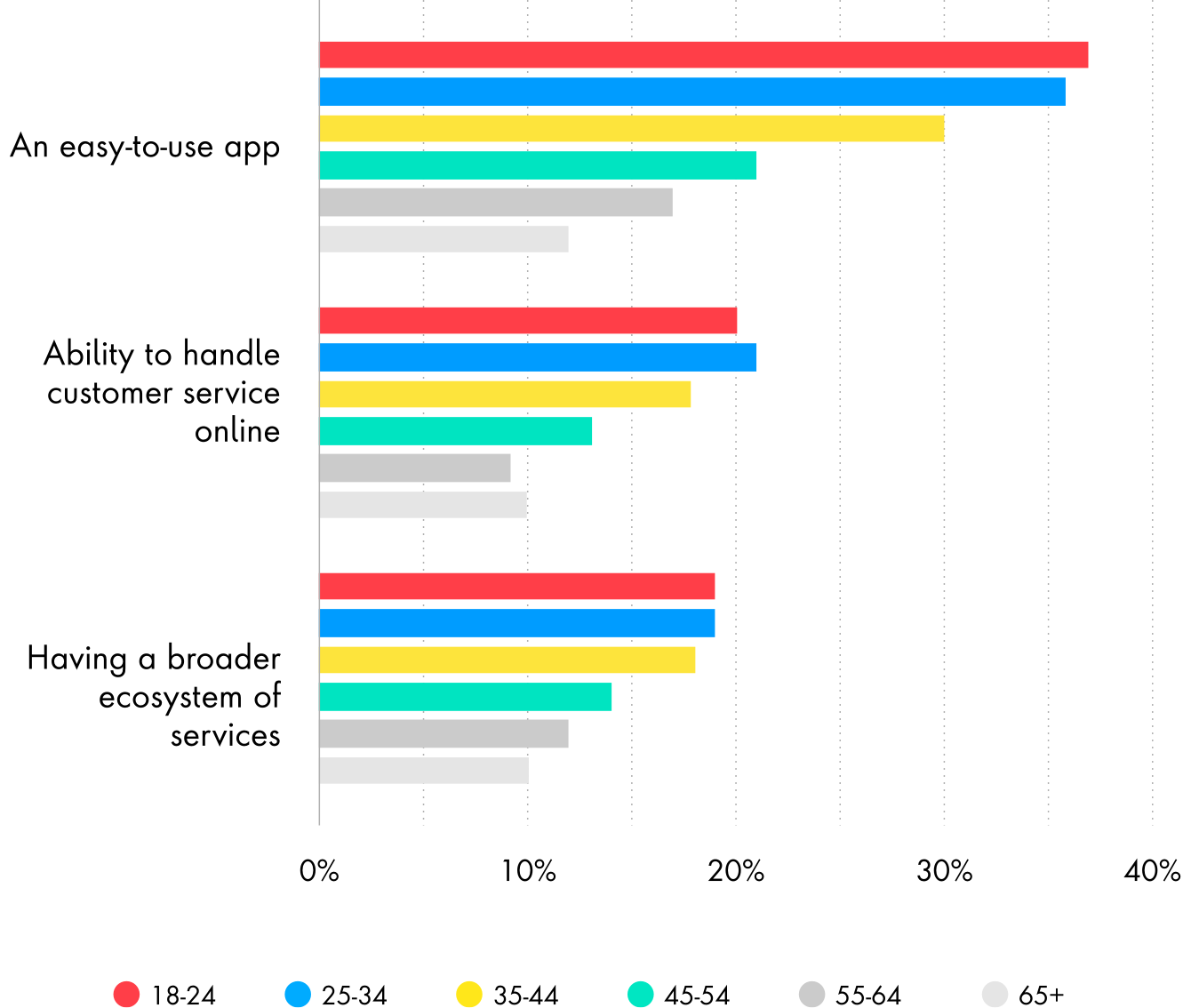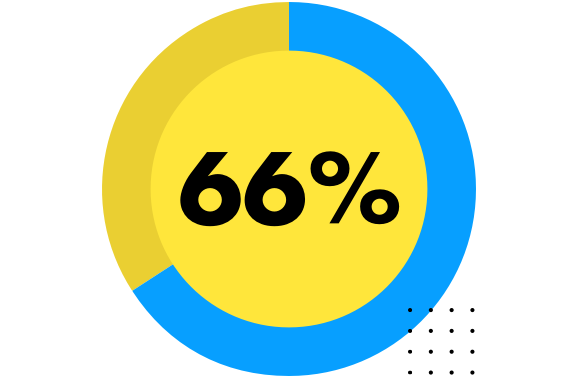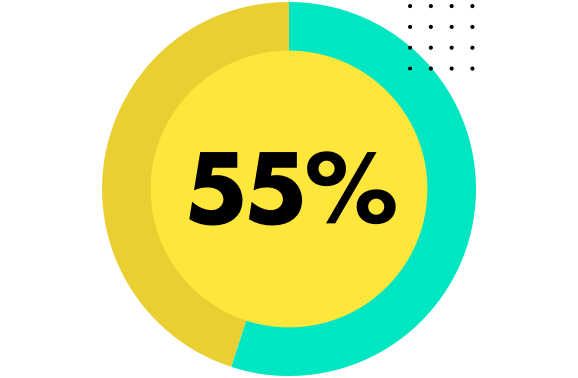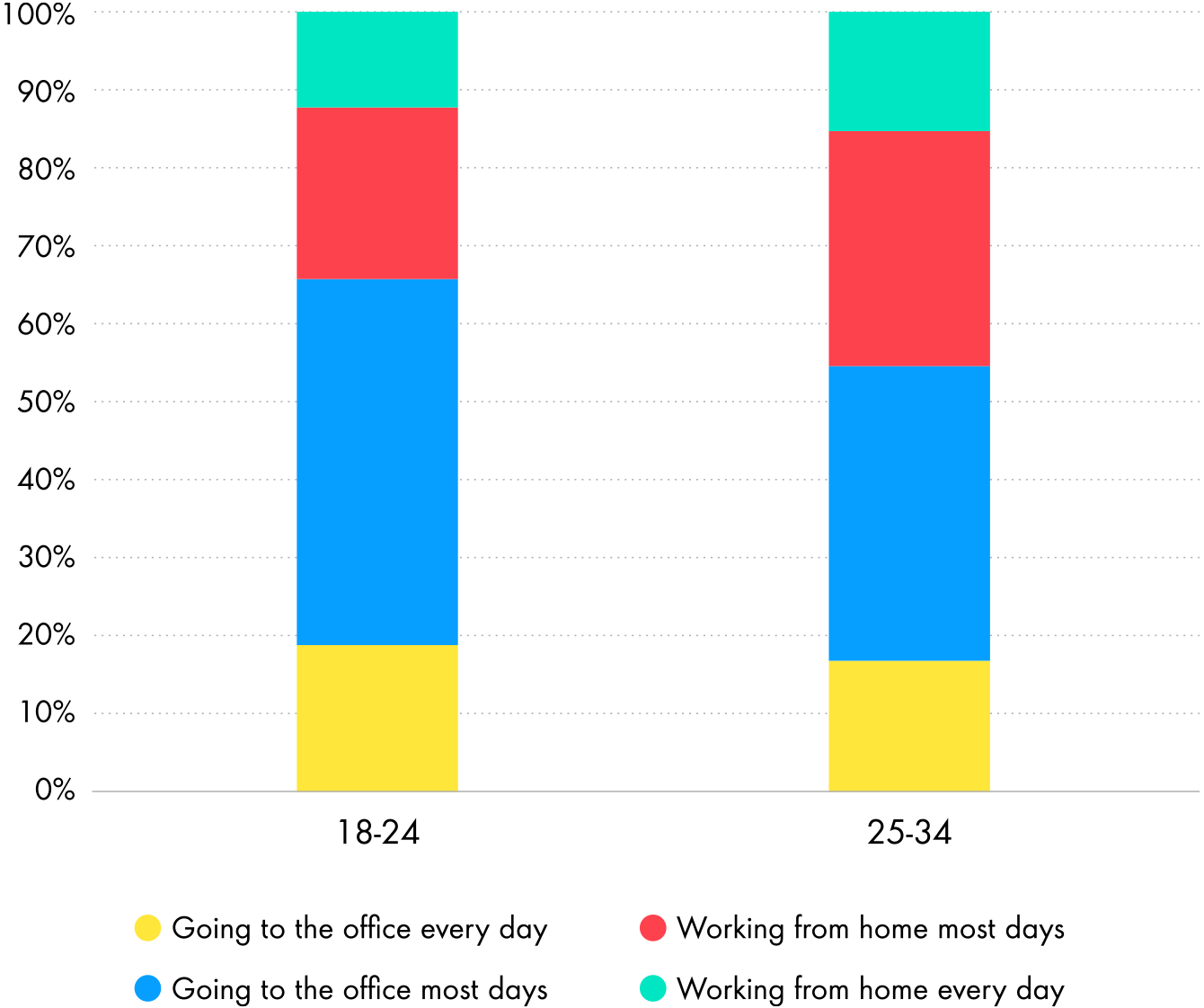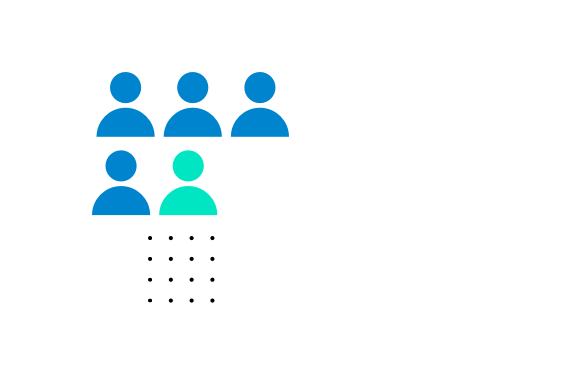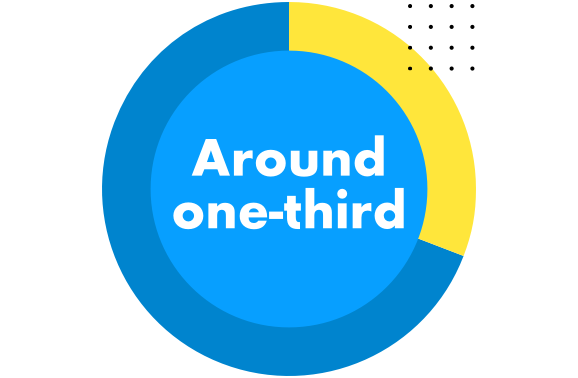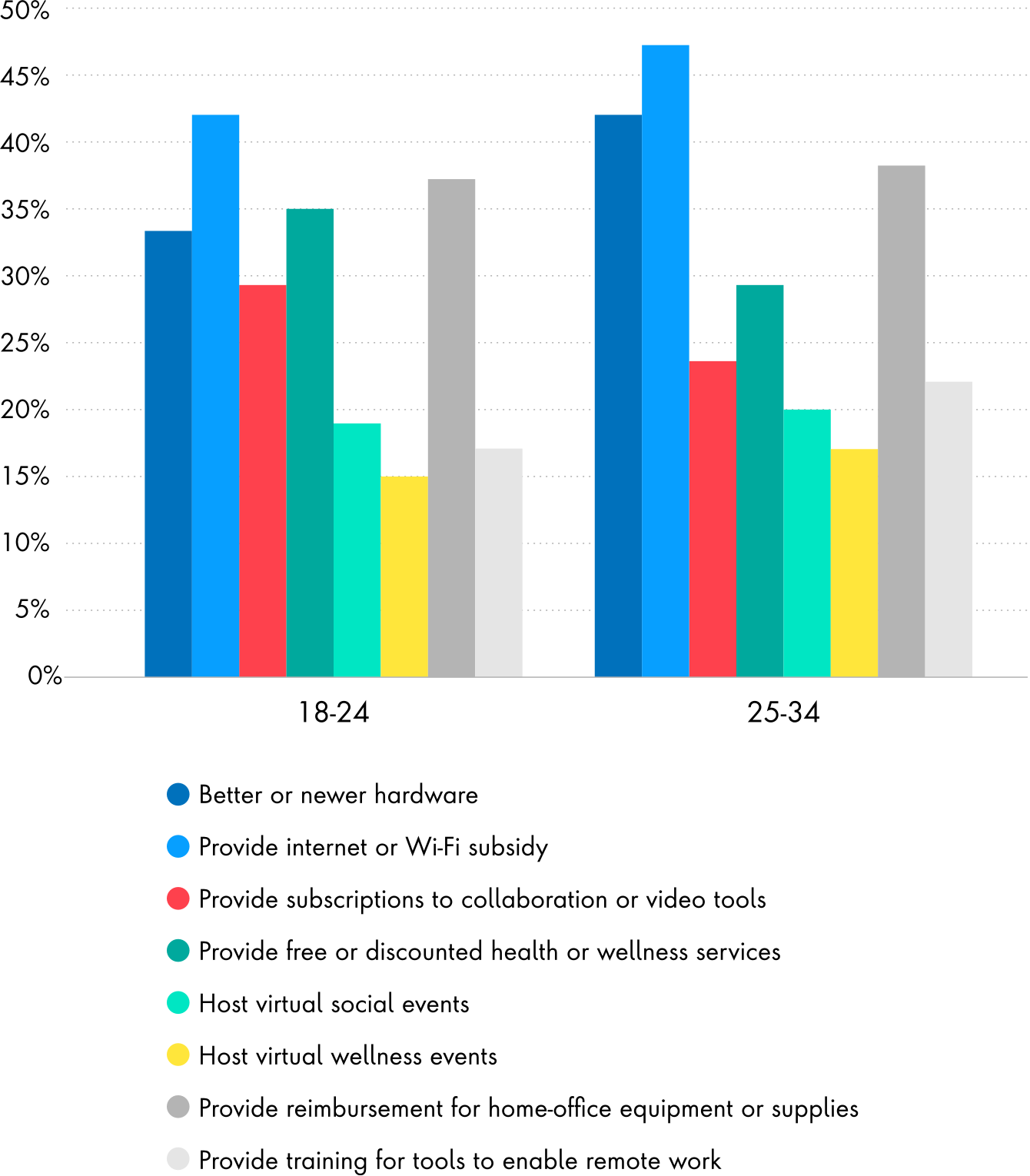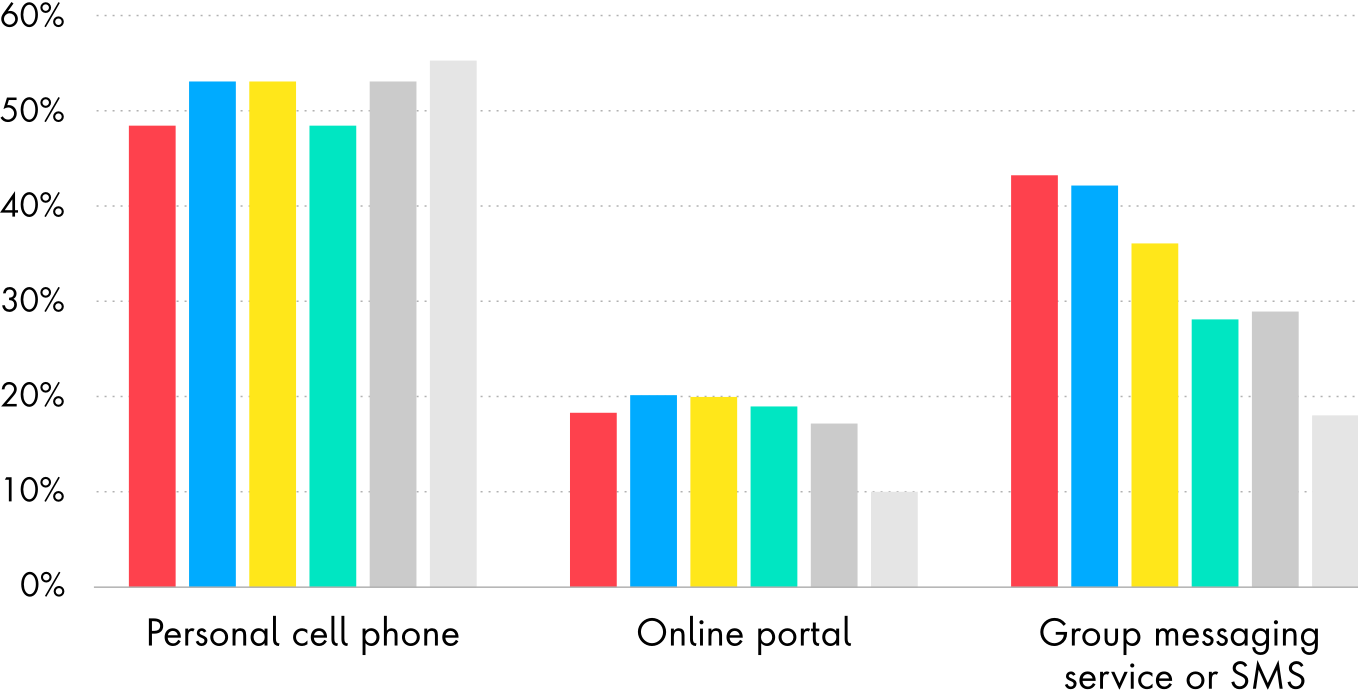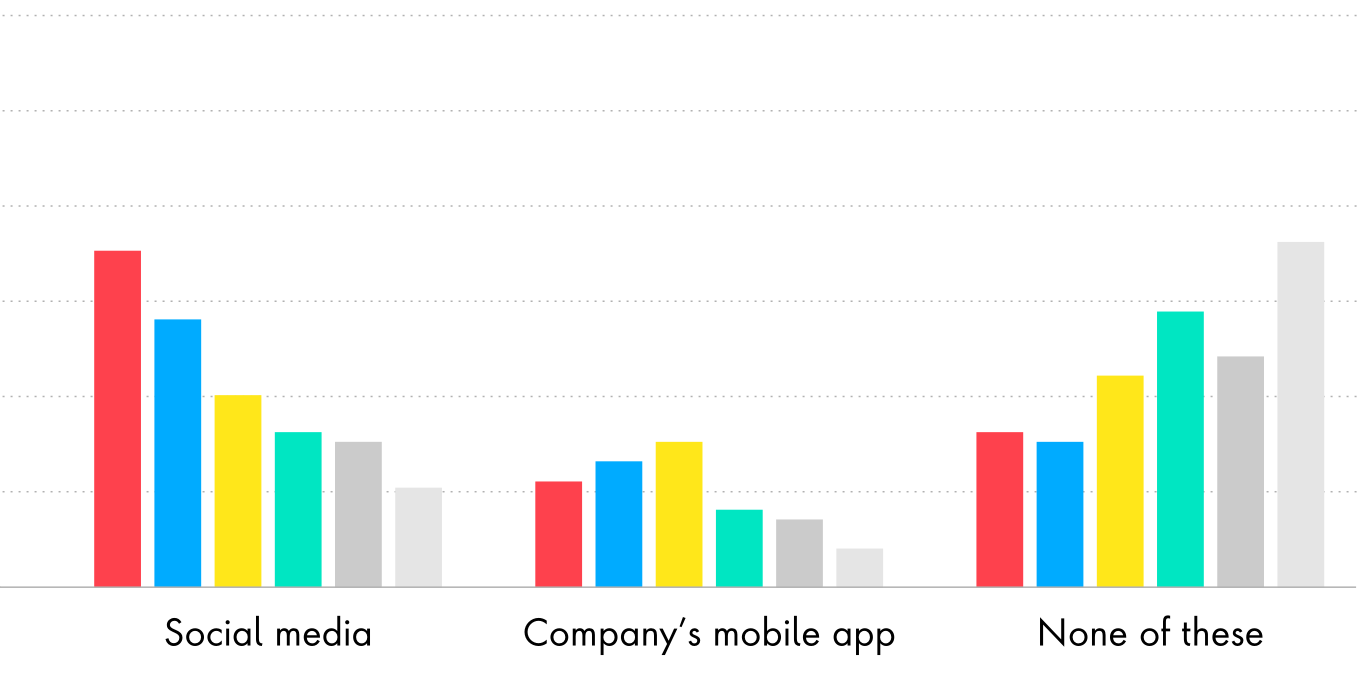What issue can we solve for you?
Type in your prompt above or try one of these suggestions
Suggested Prompt



Insight
Gen Z and Millennials Demand Smart Tech Across Industries
Gen Z and Millennials Demand Smart Tech Across Industries
Millennials and Gen Z are paving the way for the evolution of customer experience. Research from The November 2020 edition of The Digital Life Index reveals a next-gen consumer that’s increasingly mobile-first and searching for more connectivity.
For this wave, data was collected through an online survey sent to 7,000 people in 10 countries, including the United States, Australia, Canada, France, Germany, Italy, Japan, Singapore, the United Arab Emirates, and the United Kingdom.

Gen Z and Millennials are leading in streaming and mobile
Millennials and Gen Z are leading the way in streaming. According to our research, Gen Z and Millennials are more likely to use streaming services for entertainment, like streaming movies and music, as well as keeping in touch through livestream video calls.
Which of the following have you done online in the past 2 months?
Going mobile
-
![80 percent]()
of Millennial and Gen Z respondents say they downloaded an app to their mobile device in Q4 2020.
![Around one-third]()
of Gen Z and Millennials say they made a purchase using social commerce in Q4 2020.
Which of the following have you done online in the past 2 months?

Gen Z and Millennials expect digital services to be widely available
With mobile an established part of everyday life, Millennial and Gen Z consumers expect brands to offer products and services that enable them to seamlessly access experiences across multiple devices.
Accelerating automotive experiences
-
![62 percent of Gen Z and 67 percent of Millennial]()
respondents agree that the same tech available in smartphones should be available in vehicles.
![64 percent of Gen Z and 62 percent of Millennial]()
respondents say they would pay more for a vehicle with connected technologies.
Which of these features are important for you to have on your next vehicle?
Making mass transit mobile
-
![48 percent of Gen Z and 43 percent of Millennials]()
say they use a public transit app or website to plan their trip.
![44 percent]()
of Millennial and Gen Z respondents say they engage with live updates from their transit authority through SMS or social media.
![Nearly 50 percent]()
of Millennials and Gen Z pay for their trips with contactless payment.
![]()
Gen Z is more likely to take public transit and more than twice as likely to use bicycle share programs when compared to other generations.
Which of the following do you use to plan your trip or while using public or mass transit?
At home, Millennials and Gen Z warm up to smart devices
-
![39 percent of Gen Z and 41 percent of Millennials]()
say they use smart devices to track energy consumption.
![77 percent]()
of Gen Z respondents say they buy green energy alternatives from their provider if available – higher than any other generation. Millennials were second, at 75%.
![Around one-third]()
of Millennial and Gen Z respondents say an easy-to-use app would influence their decision if they decided to switch energy providers.
Why do you use smart devices to manage your energy consumption?
If it were possible to switch home energy providers or utility companies, which of the following would cause you to switch?

Finding balance at work
Our research finds that though Millennial and Gen Z respondents are familiar with livestreaming services, face-to-face interaction is still desired – especially when it comes to the workplace.
-
![66 percent]()
of remote Gen Z workers say they want to spend the majority, if not all, of the work week at the office in the future.
![55 percent]()
of remote Millennial workers want to spend the majority, if not all, of the work week at the office in the future.
If it were possible to go into an office or work from home going forward, which would you prefer?
Challenges of remote work for Millennials and Gen Z
Despite being more comfortable with digital tools that enable remote work, Millennials and Gen Z face other challenges employers should consider when building a hybrid workplace environment.
-
![One in five]()
of Gen Z and Millennial respondents report struggling with feelings of loneliness while working remotely – higher than older generations.
![Around one-third]()
of Gen Z and Millennials report struggling to stay motivated while working remotely.
![NO ALT Copy]()
Millennial/Gen Z are less likely to have dedicated office space, and more likely to live with their parents than other generations, which could make going to the office everyday more appealing.
What would you like your company to do to make remote working a better experience?
For non-remote workers, mobile and social keep employees connected
For all generations of non-remote workers, personal mobile devices are the most common way to manage work communications with colleagues.
However, Gen Z is more likely to use social media and group messaging apps to manage their workday.
Which of the following tools do you use to manage your workday or communicate with your colleagues?

Interested in how preferences by age can shape your global strategy? Simply contact us for deeper country-level learnings and more.
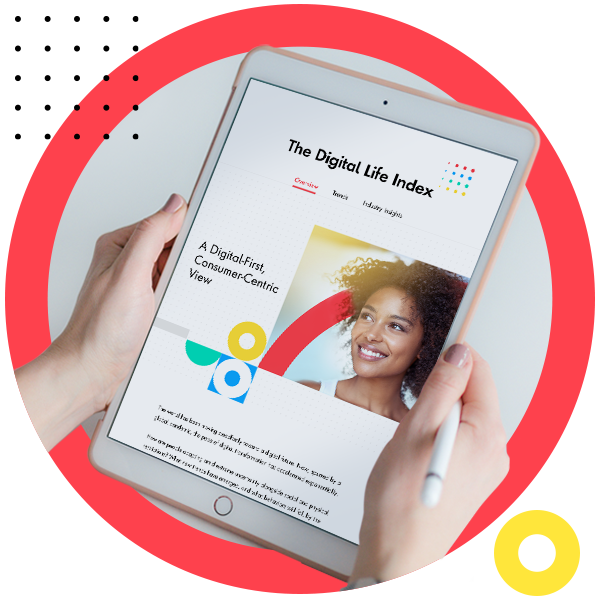
Dive into The Digital Life Index
Seize the data with people-first insights designed to take your brand from Now to Next.




